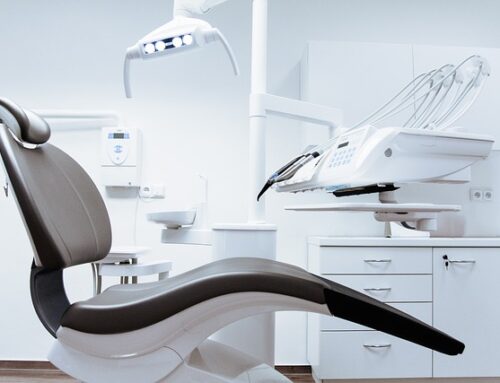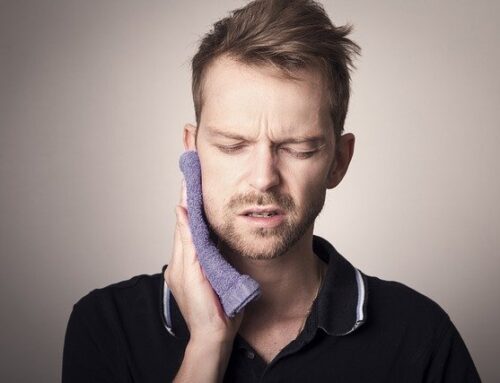In the journal Headache, I read an interesting study about music and temporomandibular disorders (TMD). Music often plays a pivotal role in our daily lives. Whether it is listening to the radio in the car, while at work or to relax, music provides a lot more benefit that we may have realized before. In fact, a study found that music helps to modulate awake bruxism in people with chronic painful TMD.
Music and TMD relief
Awake bruxism is a stress behavior characterized by teeth clenching, which may be occurring more than normal as we continue to navigate the COVID-19 pandemic. It is a strong contributor to chronic TMD and can cause pain to worsen.
Researchers recorded the electromyographic (EMG) activity in the right masseter of 14 women with chronic TMD and 15 pain-free women during a guided music listening session, which is a music intervention based on models of mood meditation and attention modulation. The objective was to see if guided music listening would modulate masticatory muscle activity and awake bruxism in subjects with chronic painful muscular TMD. This is a condition that continues to place significant burden on patients, their families and health systems.
The music
During a guided music listening session, researchers used three types of music: stressful, relaxing and the participants’ favorite music. The other session included no music control blocks that lasted 15 minutes.
In each session, participants’ motor effort of the right masseter was measured relative to their maximum voluntary contraction, which is the muscular effort to maintain mandibular posture. They also produced spontaneous awake bruxism episodes and measured how long they lasted. What they found is that the EMG posture increased during the stressful music block. However, it decreased during the relaxing and favorite music blocks.
This shows that patients with chronic TMD found relief when listening to relaxing music and their own favorite music. It decreased the muscular effort during spontaneous awake bruxism episodes by 26% (relaxing music) and 44% (favorite music). In contrast, stressful music increased pain by about 43%.
Should music be used more to help our patients with their jaw pain and discomfort? Have you tried this with your patients before? It seems like it could be a promising and noninvasive way to manage chronic TMD.





